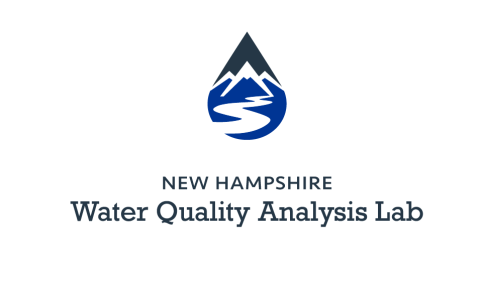The Water Quality Analysis Laboratory (WQAL) is a research facility within the Department of Natural Resources & the Environment at the University of New Hampshire. This facility provides high-quality, reasonably priced analyses in support of research projects conducted by scientists, students, government agencies, private companies, and watershed groups from throughout the University, state, and nation.

Director: Adam Wymore
Lab Manager: Jody Potter
Contact info:
jody.potter@unh.edu
office tel: (603) 862-2341
lab tel: (603) 862-1794
Lab address:
University of New Hampshire
181 James Hall
Durham, NH 03824
Turnaround time: It usually takes about a month for most routine analyses, but please contact us because it will depend on the analyses to be done, the number of samples, and the lab backlog. Rapid turnaround time is available for an additional fee.
Please note: The Laboratory is not designed to provide analysis of single samples from individuals, such as for drinking water supplies; the NH Department of Environmental Services lab or commercial laboratories are better able to meet those needs.
Background & Mission
Background: The Water Quality Analysis Laboratory (WQAL) was established by the Department of Natural Resources in 1996 to meet the needs of various research and teaching projects both on and off the UNH campus. It is currently administered by the NH Water Resources Research Center and housed in James hall, room 181. Adam Wymore is the center director, and Jody Potter is the lab manager. Together, they have decades of experience in water quality analysis, and have numerous publications in the fields of water quality, biogeochemistry and aquatic ecology.
Mission: The mission of the Water Quality Analysis Laboratory is to provide high-quality, reasonably priced analyses in support of research projects conducted by scientists and students from throughout the University, state and nation. Past clients have included numerous research groups on the UNH campus, Federal agencies, scientists from other universities and private firms. Many thousands of analyses are conducted each year.